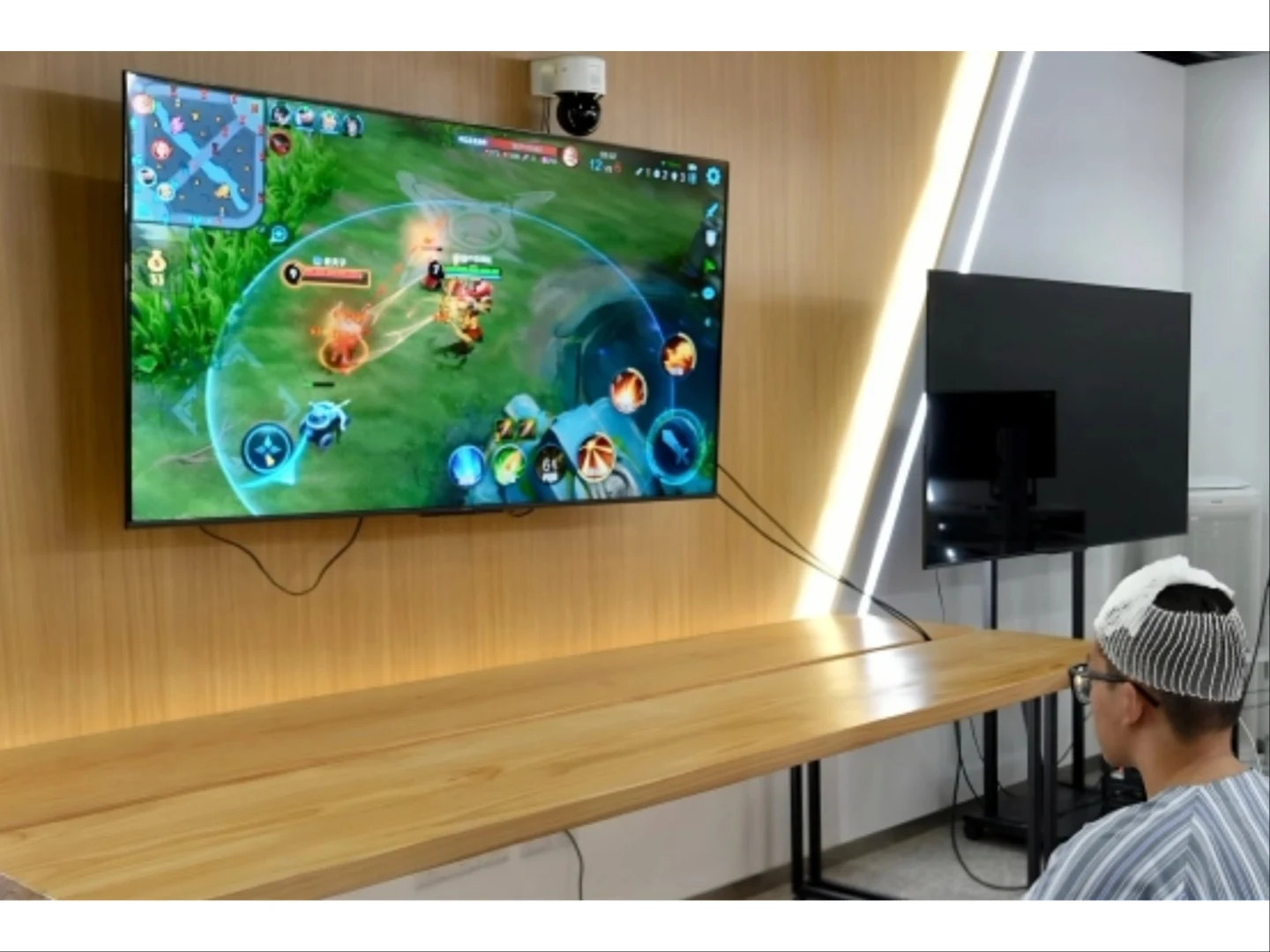Key Takeaways
1. Brain-computer interfaces (BCIs) connect the human brain to computers to assist those with movement disabilities.
2. A Chinese BCI, developed by Brain Tiger Technology and others, allowed a patient to play complex games after only 20 hours of training.
3. The BCI features a 256-channel flexible interface, enabling the patient to control a cursor at 4.07 bits per second almost immediately.
4. The trial successfully identified and removed the source of the patient’s epilepsy without causing functional impairment.
5. Brain Tiger Technology plans to conduct more clinical trials later this year, showing promise for future advancements in BCI technology.
Brain-computer Interface (BCI) is a system that connects the human brain to a computer, aiming to help those who have lost their ability to move. One notable example is Elon Musk’s Neuralink, but there are other technologies available as well. A recent report highlights a significant advancement in a Chinese BCI during its clinical trial phase, allowing a patient to engage in complex games like Black Myth: Wukong.
Breakthroughs in BCI Technology
According to a translation from IT Home, Brain Tiger Technology, along with the Tianqiao Brain Science Institute (TCCI) and researchers from the Shanghai Institute of Microsystem and Information Technology under the Chinese Academy of Sciences, have achieved new heights in BCI technology. The BCI, which utilizes the XessOS brain-computer operating system created by Brain Tiger Technology, was implanted in a 19-year-old with right frontal lobe epilepsy. After nearly 20 hours of training, the patient demonstrated the ability to play complex games such as Honor of Kings and Black Myth: Wukong.
Remarkable Achievements in Control
The patient was able to execute precise brain control operations, tracked in real-time by the research team through local field potential signals (LFP). This particular BCI features a 256-channel flexible interface, showing that the subject could control a cursor at a rate of 4.07 bits per second (BPS) in under 20 hours (specifically, 19.87 hours). The report mentions that Neuralink managed to reach 4.6 BPS, but this was after 60 hours of training. Recently, Neuralink has claimed that Noland Arbaugh, the first person to receive the implant, has achieved a speed of over nine BPS since the chip was implanted in January 2024.
Positive Outcomes and Future Plans
Moreover, the IT Home report reveals that the patient remained in stable condition throughout the trial; doctors utilized the BCI to identify the source of the epileptic lesion and successfully performed surgery to remove it, resulting in no functional impairment after recovery. The team at Brain Tiger Technology is optimistic about conducting similar clinical trials later this year.
Source:
Link


Leave a Reply